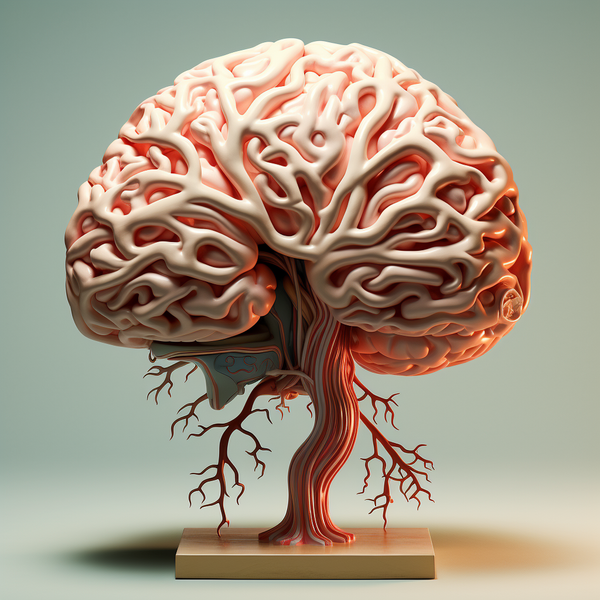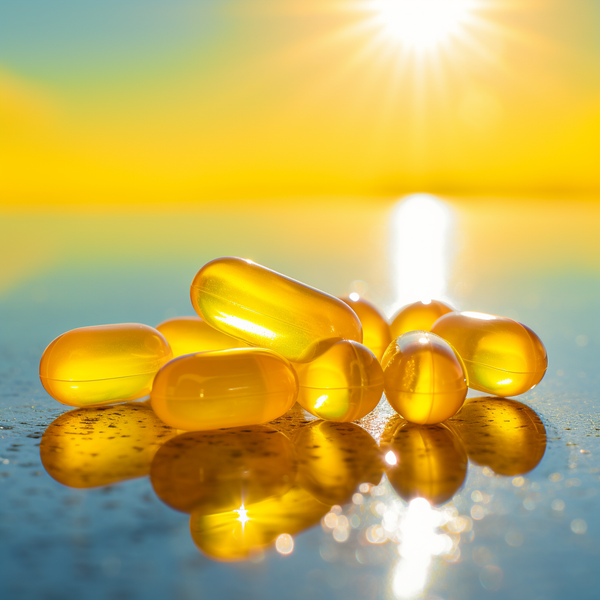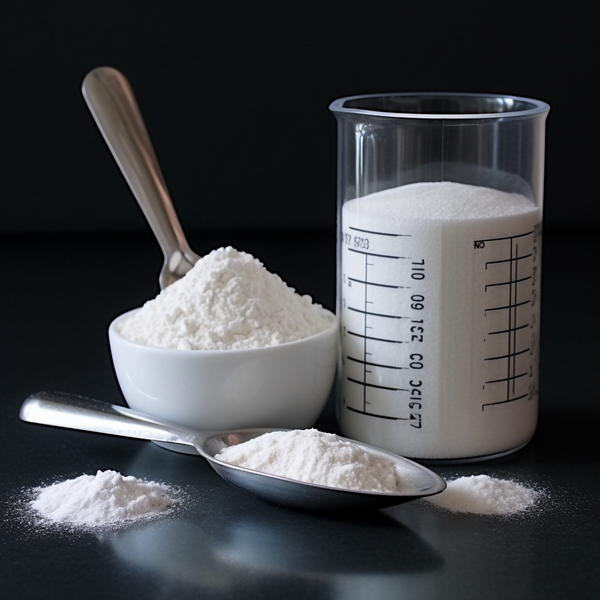The Wondrous World of Zinc
Hey there! Welcome to our in-depth guide on zinc, an essential trace mineral that's absolutely crucial for your health. It may seem like a tiny detail in the grand scheme of things, but trust us, zinc packs quite the punch in a range of biological functions. We’re talking about everything from keeping your immune system strong to powering up your athletic performance. Ready to dig into the science? Let's get started!

Where Does Zinc Come From?
| Category of Foods | Examples of Foods |
|---|---|
| Seafoods | Shellfish, shrimp, lobster, crab |
| Organs and Flesh of Mammals and Fowl | Liver, various meats |
| Whole Grain Cereals and Vegetables | Chickpeas, kidney beans, almonds |
| Dairy Products | Yogurt, milk, cheese |
What Does Zinc Do?
Enzymatic Powerhouse
Did you know zinc acts as a critical component in over 300 enzymes? These enzymes are the machinery that make vital processes, like DNA replication and energy production, happen smoothly in your body. Simply put, zinc is indispensable for cellular life itself.

Immune System
When it comes to immunity, zinc plays the role of a regulator. It influences the way cytokines are released and how your white blood cells proliferate. It's like your body's internal defense coordinator, ensuring everything runs as it should to fend off invaders.

Brain Function
Zinc is not just brawn; it’s also brains. It plays an essential role in neurotransmitter function and helps your synapses—the junctions between your nerve cells—work efficiently. This makes it key for learning, memory, and overall mental health.

Zinc’s Helpful Partners: Synergistic Nutrients
The Dynamic Duo: Zinc and Magnesium
Ever heard of ZMA supplements? That’s zinc and magnesium, combined to give your body the best of both worlds. Together, they work to improve sleep quality, speed up muscle recovery, and even balance your hormones.

A Strong Alliance: Zinc and Vitamin D
Zinc and vitamin D go hand-in-hand when it comes to boosting your immune system. Vitamin D takes care of the innate immunity, while zinc works its magic on the adaptive side. It's a comprehensive, two-pronged approach to keeping you healthy.

How Much Do You Need?
Athletic Aspirations: Boost Your Game
If you’re an athlete or simply someone who loves to work out, consider a zinc dosage of 20-30 mg per day. Studies show this range can help you perform at your peak and recover faster post-exercise.

The Immune Boost: Stay Resilient
When flu season hits or you're just looking to bolster your defenses, a daily dose of 30-50 mg of zinc can be your immunity's best friend.

Just the Essentials: General Health
For those looking to maintain good health but don't have any specific concerns, a daily dosage of 10-20 mg usually does the trick.

Be Mindful: Safety and Side Effects
Too much of a good thing can be harmful. Consuming more than 100 mg of zinc daily may lead to gastrointestinal issues and could interfere with copper absorption, leading to a deficiency.

Wrapping Up: Zinc—Small but Mighty
Alright, that's a wrap! We've dived deep into the many roles zinc plays in keeping you healthy. From acting as a vital component in essential biological processes to teaming up with other nutrients for added benefits, zinc is truly a multifaceted mineral you don’t want to ignore.

Further Reading
- Andreini, C., Banci, L., Bertini, I., & Rosato, A. (2006). Counting the zinc-proteins encoded in the human genome. Journal of Proteome Research, 5(1), 196-201.
- Prasad, A. S. (2008). Zinc in human health: effect of zinc on immune cells. Molecular medicine, 14(5-6), 353-357.
- Wessels, I., Maywald, M., & Rink, L. (2017). Zinc as a gatekeeper of immune function. Nutrients, 9(12), 1286.
FAQ's
Q1: Where can I find zinc in my diet?
Zinc can be found in various types of foods. Seafoods like shellfish, shrimp, lobster, and crab are good sources. You can also obtain zinc from organs and flesh of mammals and fowl such as liver and various meats. Whole grain cereals and vegetables like chickpeas, kidney beans, and almonds are also rich in zinc. Dairy products like yogurt, milk, and cheese provide another option.
Q2: What are the key functions of zinc in the human body?
Zinc serves multiple essential roles in the body. It acts as a component in over 300 enzymes, aiding in processes like DNA replication and energy production. Zinc is vital for the immune system, regulating the release of cytokines and the proliferation of white blood cells. It also plays a critical role in brain function, particularly in neurotransmitter function and synaptic efficiency, which are essential for learning, memory, and overall mental health.
Q3: How does zinc interact with other nutrients?
Zinc forms synergistic relationships with certain nutrients. For example, when combined with magnesium in ZMA supplements, they work together to improve sleep quality, speed up muscle recovery, and balance hormones. Zinc and Vitamin D are another pair that work in tandem to boost both innate and adaptive immunity.
Q4: What is the recommended daily dosage of zinc?
The recommended zinc dosage varies depending on individual needs and lifestyles. For athletes or those who work out regularly, a daily dose of 20-30 mg is advised. To boost your immune system, especially during flu season, a daily dose of 30-50 mg is recommended. For general health maintenance without any specific concerns, a dosage of 10-20 mg per day is usually sufficient.
Q5: Are there any side effects of taking too much zinc?
Consuming more than 100 mg of zinc daily can lead to side effects such as gastrointestinal issues. Excessive zinc consumption can also interfere with copper absorption, which may result in a copper deficiency.


